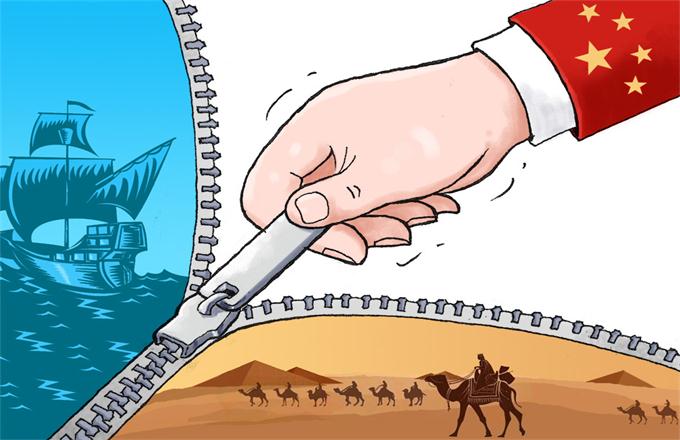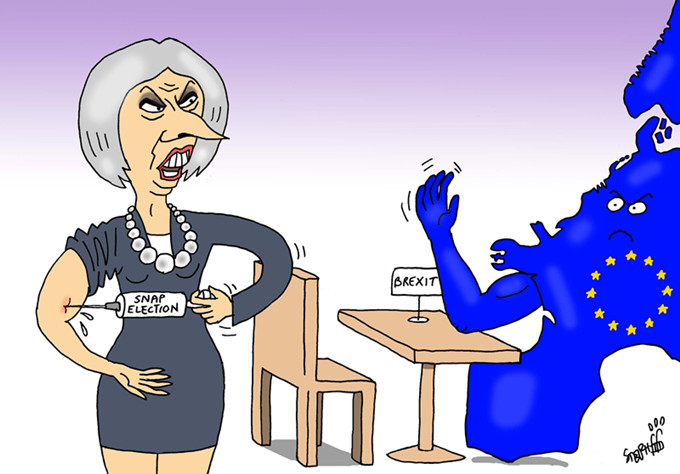Fete fight against financial risks
The authorities are demonstrating their firm determination to eradicate corruption in the financial sector and prevent financial risks through an intensified crackdown on malpractices and those who violate the rules.
The tightened supervision over financial, securities and insurance regulators and some big State-owned banks over the past year, reflects the resolve of decision-makers to set up an orderly capital market and keep continued high pressure on any violations of the rules.
The investigation of Xiang Junbo, who was chairman of the China Insurance Regulatory Commission, in early April is believed to have signaled an intensified effort to curb corruption in the financial sector.
Compared with other areas, corruption in the financial sector contains more "technical content" and is harder to detect. The stock market disaster China experienced in 2015 was, to a large extent, related to supervision deficiencies and loopholes in the regulatory system, and was inseparable from the corrupt practices of a few people.
Financial risks usually stem from complicated factors, but information asymmetry is an important reason why the financial sector is more susceptible to corruption. The authorities' intensified efforts to fight corruption in the financial sector, therefore, serve as a means to nip financial risks in the bud.
Corruption in the financial sector usually involves large amounts of money, produces severe consequences and causes heavy economic losses to the country and people.
From a superficial perspective, financial risks are caused by lax internal control and inefficient external oversight, but they are fundamentally related to such human factors as the malpractice of financial practitioners or even corruption. The penalties meted out to major capital market violators testify to the authorities' resolve to curb such human factors from causing financial risks and safeguard the redline of the country's financial security.



















